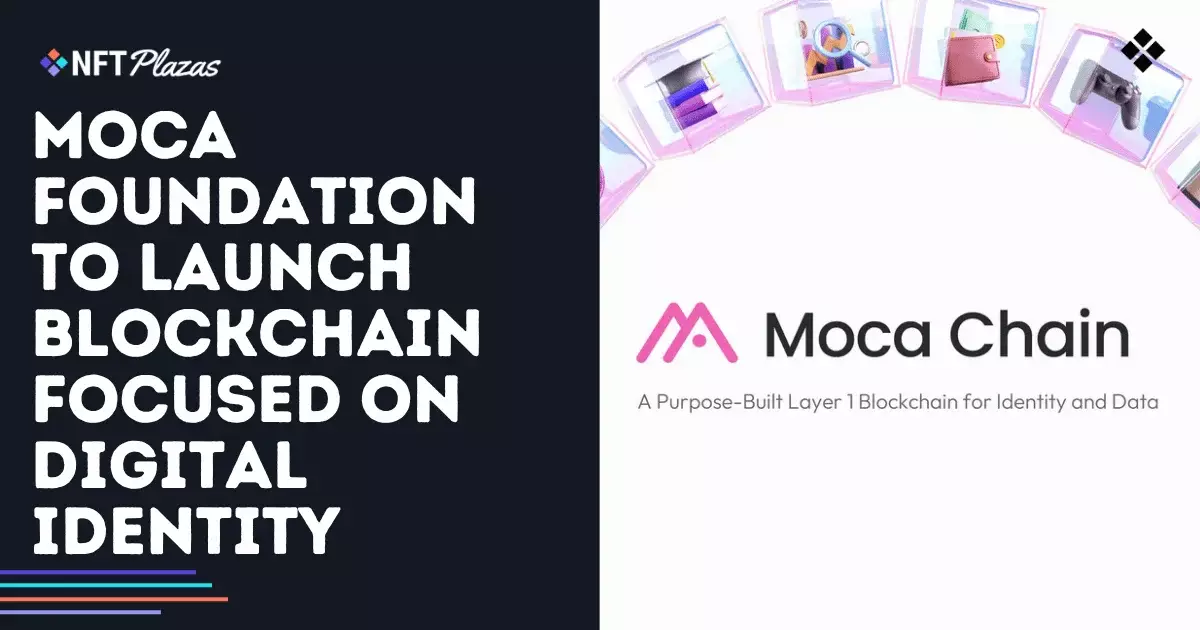Nitro Nation: World Tour (NNWT) arrives amidst rising excitement over blockchain’s potential to revolutionize gaming by offering genuine digital ownership. The game’s creators boast a seamless integration with Mythos’ ecosystem, allowing players to own cars and workshops as NFTs. On paper, this signals a groundbreaking shift—players can finally acquire a true asset in a mobile game. However, beneath this polished veneer lies a paradox: while players can technically own digital cars, the system discourages actual investment or trading outside the game’s ecosystem. Unlike mature blockchain platforms, where ownership translates into real-world value, NNWT’s implementation remains a superficial layer designed more for marketing spectacle than for meaningful economic empowerment. For the average gamer, this feature is an elaborate façade that masks a platform still tethered to traditional monetization models. The crucial question remains unanswered: does this ownership model offer genuine autonomy or merely replicate a clever illusion of control that can evaporate with a change of policies or platform restrictions?
Casual Gameplay Masking Deeper Monotony
What initially appears as a fast, accessible racing experience rapidly reveals itself to be a monotonous grind. The game’s core mechanic of timing-based drag races minimizes complexity but guarantees repetition. Victory hinges on perfect gear shifts and nitrous timing—skills that, while satisfying, quickly become formulaic. The streamlined mechanics inadvertently cater to a broader audience, but at what cost? True racing enthusiasts seeking depth and tactical nuance will find the experience shallow, as gameplay rarely encourages strategic decision-making beyond upgrading cars and timing shifts. Instead, progress often depends on cumulative spending or grinding through repetitive challenges, pushing players towards in-app purchases and long hours of play. This reliance on monetization echoes a broader industry trend that turns engaging gameplay into a chore, especially when progression becomes artificially sluggish. The allure of customization and competitive racing is undermined by the nagging sense that performance gains are linked more to investment than skill, thus diluting the integrity of the racing experience.
The Mirage of Community and Competitive Play
Social features such as clubs, tournaments, and real-time duels attempt to foster a sense of community within NNWT. While these elements hold promise, the reality is often disappointing. Matchmaking issues, lag, and long wait times hamper online play, frustrating dedicated players. Leaderboards, meant to inspire competition, are skewed by pay-to-win dynamics and statistically driven upgrades that favor players willing to pour money into the game. Moreover, the social structures—clubbing, co-op upgrades—are more often tools to incentivize spending rather than genuine communities built around shared passion. This creates an illusion of multiplayer camaraderie, masking the reality of a highly transactional environment where skill is sometimes secondary to resource availability. The game’s emphasis on spending—whether via upgrading vehicles or purchasing NFTs—further skews the playing field, eroding trust that success stems solely from player ability and strategy. Instead, what should be a competitive space becomes a simulation of economic disparity dressed as social interaction.
Monetization and the Mirage of Fair Play
A central critique of NNWT is its increasingly evident push toward monetization, which, despite being framed as optional, nudges players toward spending. The design of upgrade systems, NFT prices often exceeding real-world vehicles, and costly customization items suggest a monetization model that prioritizes revenue over player fairness. While the game claims to be ‘gamer-first’ by allowing casual play without blockchain interaction, the reality is that competitive advantage often correlates with financial input. Progression is impeded by grind-heavy upgrade paths, incentivizing players to buy faster or rare items, including NFTs. This approach fosters a pay-to-win environment, discouraging skilled gameplay and risking a two-tiered player base: those who invest heavily and those relegated to a lesser experience. Mythical Games’ long-term vision appears to cast the game as a platform rather than a traditional game—potentially sacrificing balance and fairness for sustainability and expansion, a troubling trade-off for players seeking authentic skill-based competition.
The Future on a Treadmill: Promises of Expansion vs. Reality
Developers’ plans for continuous updates, new brands, modes, and blockchain features sound compelling but mask an underlying strategy to sustain monetization rather than enhance gameplay. The introduction of new manufacturers or game modes risks becoming mere content patches designed to keep players hooked on spending rather than meaningful improvement. Season passes, limited-time events, and cross-platform features are standard industry practices; their success hinges on how well they balance engagement with fairness. Without careful vigilance, NNWT risks devolving further into a platform that prioritizes transaction volume over authentic entertainment. As the game matures, its reliance on blockchain shall likely increase, but this creates a dilemma: will the community grow or fracture under the weight of a game increasingly grounded in economic speculation? The evolution of NNWT could either serve as a blueprint for responsible blockchain integration or a cautionary tale of commerce masquerading as community.
In scrutinizing Nitro Nation: World Tour, it becomes evident that the game’s ambitious promises of blockchain-driven ownership and a long-lasting platform are undermined by unsustainable monetization schemes and shallow gameplay. While it claims to blend traditional racing with innovative technology, the reality is marked by superficial mechanics, a pay-to-win ethos, and an ecosystem that favors financial investment over skill. For those expecting a genuine revolution in mobile racing or digital ownership, NNWT offers an illusion—an elaborate marketing ploy that might look appealing on paper, but ultimately fails to deliver meaningful innovation or fairness. Instead, it reinforces the industry’s troubling trend of sacrificing core gameplay for monetization, all while riding the wave of blockchain hype. For the skeptical, NNWT is less a leap forward and more a calculated step in a long-term strategy to capitalize on blockchain’s illusion of permanence and value—an approach that risks alienating its core audience in pursuit of fleeting economic gains.


Leave a Reply